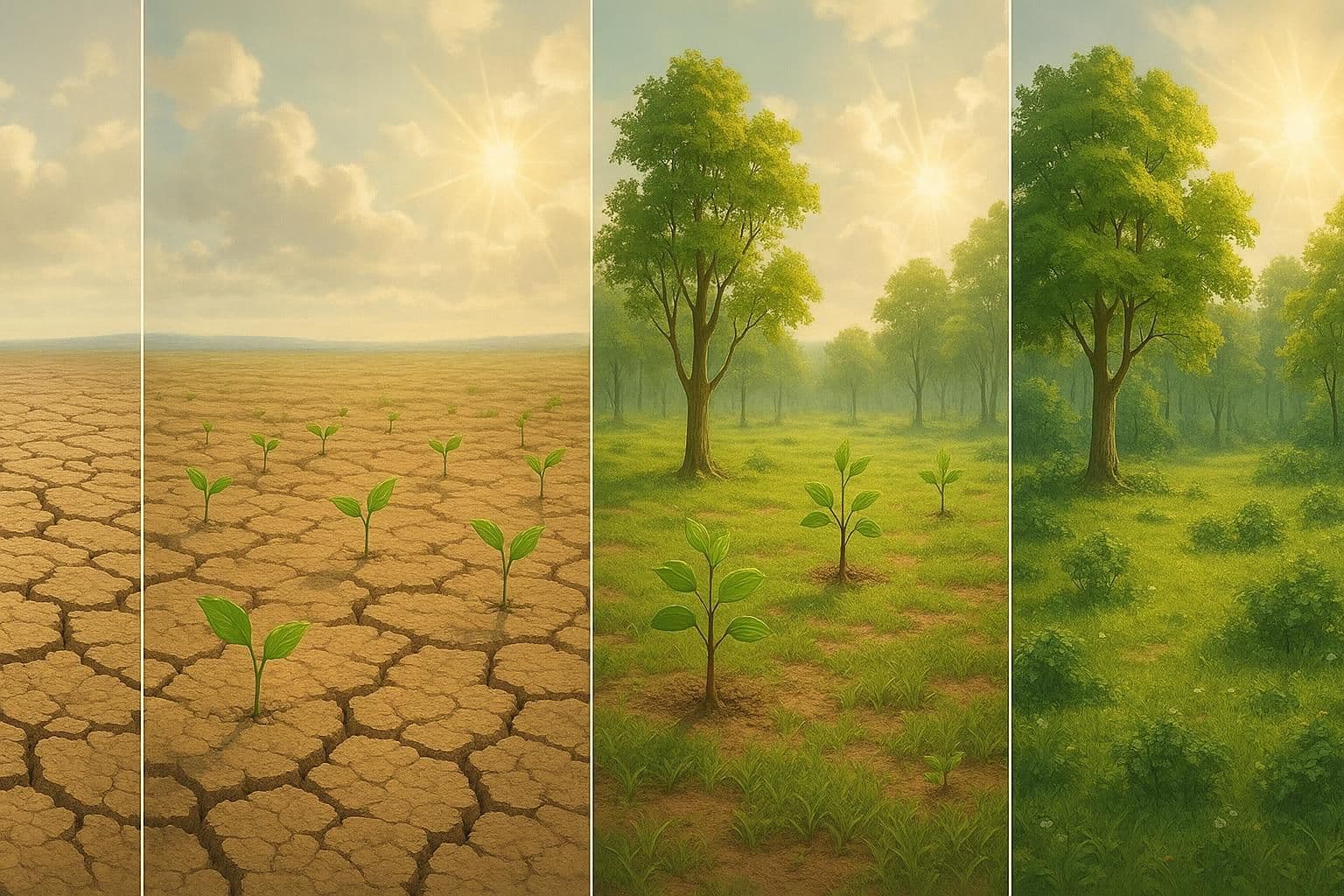The Enduring Path to Great Achievements

All great achievements require time, patience, and perseverance. — John Ruskin
—What lingers after this line?
One-minute reflection
Why might this line matter today, not tomorrow?
Laying the Foundation: The Role of Time
John Ruskin’s observation highlights the essential, though often overlooked, role of time in achieving greatness. Enduring accomplishments—be it in art, science, or personal development—rarely emerge overnight. Instead, they are the result of a sustained process that unfolds over months, years, or even decades. For example, the construction of Notre-Dame Cathedral spanned nearly two centuries (1163–1345), its grandeur a testament to unwavering commitment and the generations that built upon each other’s labors.
Cultivating Dreams Through Patience
Closely connected to the passage of time is the necessity for patience. Progress can be slow or nonlinear, demanding a willingness to endure setbacks and uncertainties. Thomas Edison’s famously protracted efforts to invent the practical lightbulb—reportedly testing thousands of materials—exemplifies this virtue. Patience transforms frustration into learning, empowering individuals to view each delay as a step toward eventual success rather than as a defeat.
The Driving Force of Perseverance
While patience tempers our expectations, perseverance fuels action. Great achievements require consistent effort in the face of adversity, propelling us to move forward even when outcomes seem uncertain. J.K. Rowling’s persistence through a series of rejections before publishing 'Harry Potter and the Philosopher’s Stone' shows that even the most celebrated achievements can stem from repeated, dogged persistence. Through preserving momentum and resilience, people transform dreams into lasting realities.
Interdependence of Time, Patience, and Perseverance
These qualities—time, patience, and perseverance—are not isolated virtues but interdependent. Patience enables us to withstand the protracted timeline often required for significant accomplishments, while perseverance ensures that we continue working steadily during that time. Both are necessary to harness the transformative power of time, allowing fledgling ambitions to develop into achievements that endure.
Learning from History’s Greatest Achievers
History abounds with figures who exemplify Ruskin’s wisdom. Leonardo da Vinci labored for years over the 'Mona Lisa,' constantly revising and perfecting his masterpiece. The incremental innovations of scientists such as Marie Curie, who isolated two new elements through painstaking research, reflect the unwavering patience and effort underpinning truly great advancements. These stories remind us that striving for greatness is not a sprint, but a marathon—one measured not just by results, but by the character built along the way.